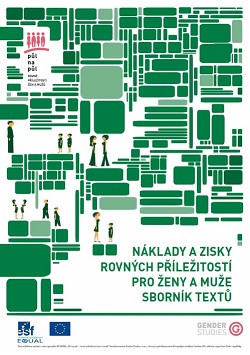
We kindly inform you that, as long as the subject affiliation of our 300.000+ articles is in progress, you might get unsufficient or no results on your third level or second level search. In this case, please broaden your search criteria.


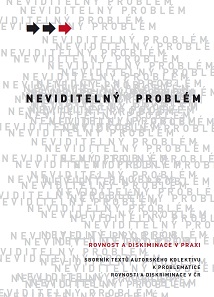
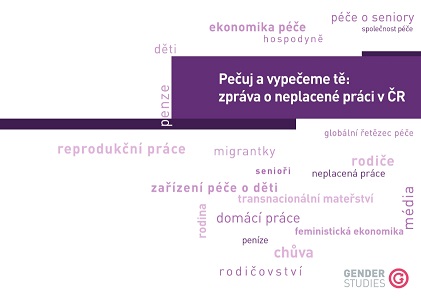
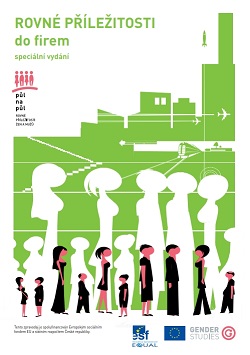
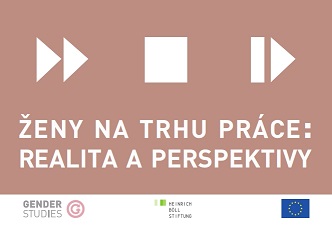
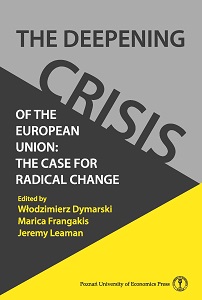
Author's examination of 'crises and capitalist oligarchies' focuses on the socio-economic power exerted by economic elites in advanced economies and the particular role of contemporary oligarchies in shaping the mode of production of financialised capitalism. The author underscores the malign effect of intertwined ownership structures (including the role of credit rating agencies) on human and environmental development and proposes a radical reordering of social and economic priorities.
More...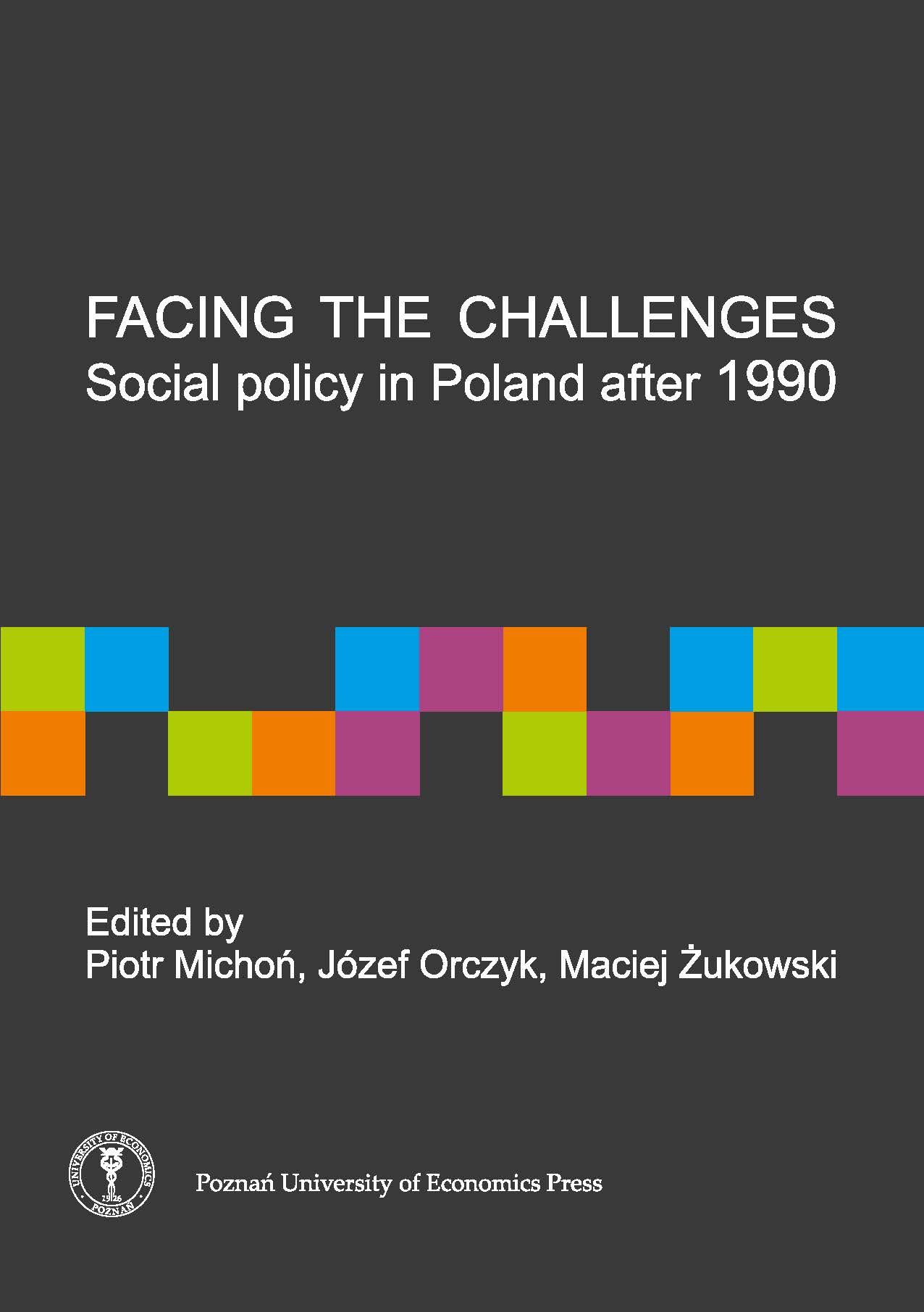
The aim of this paper is to present a changing nature of the Polish labour market in and after 1990s, employment and unemployment level and structure in Poland post-1990, labour market policy in Poland, assurance of social security to the unemployed issue, activation of the unemployed issue.
More...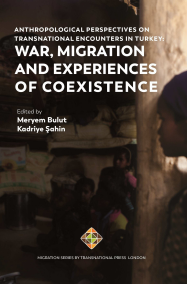
Without doubt, every migratory wave begets serious problems with many dimensions in the fields of education, employment, integration, or gender issues. A recent mass migratory move, if more numerous, can cause delays in policies towards an older refugee group. The Syrian war and the subsequent mass migration towards Turkey channeled both academic and administrative focus towards this group. As the transformative power of migration increases, so does the academic interest in this topic. In this respect, we can understand the abundance of research on Syrians compared to the paucity of studies on African refugees as a reflection of the size and impact of the Syrian stock and flows.
More...
The reform of the pension system took place during the second wave of reforms in Poland after the thorough transformation of the political and economic system. Poland belongs to the Central and Eastern European group of countries, which (following Hungary) introduced the paradigmatic pension reform which is funded by an obligatory system. Over 20 years after the political transformation and 12 years after the paradigmatic reform of the 1999, a question arose about the main problems and challenges as well as political answers reflected in the (re)designing of the pension system in Poland. This is the main purpose of this article. The text is structured as follows: first, the ten year path towards the paradigmatic 1999 reform will be outlined. This is the starting point for a brief description of key parameters of the old and the new pension system. Since reasons for the pension reform of 1999 and the new Polish pension scheme have been analyzed by many authors, the focus will be on the current regulations and especially changes after the 1999 reform, which are the subject of description in section three. Finally, the main directions of evolution of the pension system in Poland after the paradigmatic reform will be identified.
More...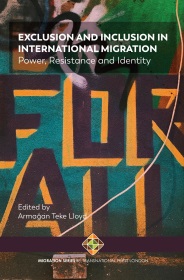
Nepal is relatively a new entrant to global labour markets. Nevertheless, over the past few decades, a huge portion of its population has migrated abroad for employment, changing the image of Nepal from a country of “global warriors to global workers” (Rajauriya, 2015). In particular, the political change of 1990 that ushered Nepal into a multiparty democracy triggered the globalizing processes. Unlike during the King’s regime, obtaining passports became easier even for general people, affording them more agility and freedom to travel outside the country (Tiwari & Bhattarai, 2011). Further, the government formed after the 1992 elections embraced a policy of fast-paced economic liberalization, connecting Nepal with global economy and global labour markets (Labour Migration for Employment Report: 2014).
More...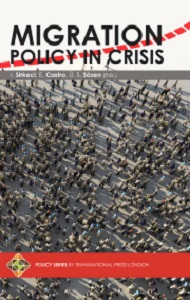
In 2015 and 2016, Germany faced an influx of asylum seekers on an unprecedented scale. How did the country react to this so-called “refugee crisis”? The response was a major effort at all levels of the federal state: the federal level, the Länder, the local authorities, but also civil society, welfare associations and NGOs. There have been countless measures in the most diverse fields of action (Grote, 2018). This article will specifically deal with the question of how and which legislative and administrative changes were put in place at the federal level in order to better manage the changing influx.
More...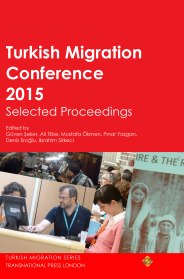
As a country being a stage for a variety of migratory movements for many years, Turkey, until recently, did not have a comprehensive migration and asylum policy which takes into account of the realities of those movements and responds accordingly. The need for such policy has brought with it the efforts to develop a migration regime of which the new Law on Foreigners and International Protection (LFIP) is an essential element. The factors which played a role in the growing need for a migration and asylum policy are the increasing number of irregular migrants in the country and the deterioration of the Syrian refugee crisis. The lack of a comprehensive migration and asylum policy has loomed large when the country is a stage for mass migration movements.
More...
The fairly sizable Kurdish community in Western Europe, particularly in Germany, has been a focus of scholarly interest for some time now. But Kurds are also present in other parts of Europe, where they have received much less attention. One such community has settled in the Czech Republic. Small in size, it has nevertheless taken an organized approach to promoting its interests in the public sphere and is connected, to some extent, with the broader diaspora of Kurdish nationals in other countries, and with the homeland(s). Particularly in recent decades, globalization and its attendant phenomena have made it easier to pursue domestic politics while abroad. Before the 1989 revolution, the former Czechoslovakia (CSSR) supported various Middle Eastern associations - some terrorist in nature - whose members often resided in Czechoslovakia. Many Middle Eastern communities became established, as well, including the Kurdish community
More...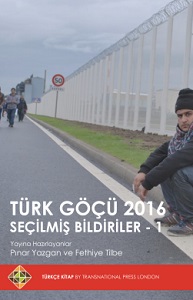
Sosyolojik, Ekonomik, Hukuksal ve Siyasal yönleriyle göç, hem göç eden bireylerin hem de bu bireylerin geride bıraktıkları yaşamları etkilemektedir. Bütün bu alanlarda kültürel sosyal ve ekonomik anlamda değişimler getirmektedir. Göçün neden olduğu bütün bu değişimler ekonomik yönleri ile ele alındığında ise işgücü piyasalarının bu etkiden en büyük payı aldığı bilinmektedir. Ayrıca bu işgücü piyasaları orta ve uzun vadede devletlerin makroekonomi politikalarını önemli derecede etkilemekte olduğu bilinmektedir.
More...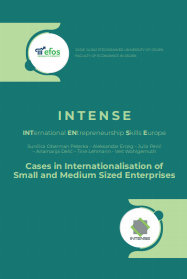
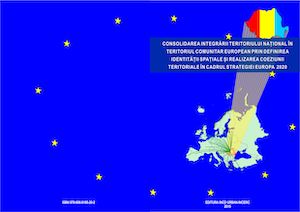
The chapter presents an analysis of theRomanian social house in an European context.
More...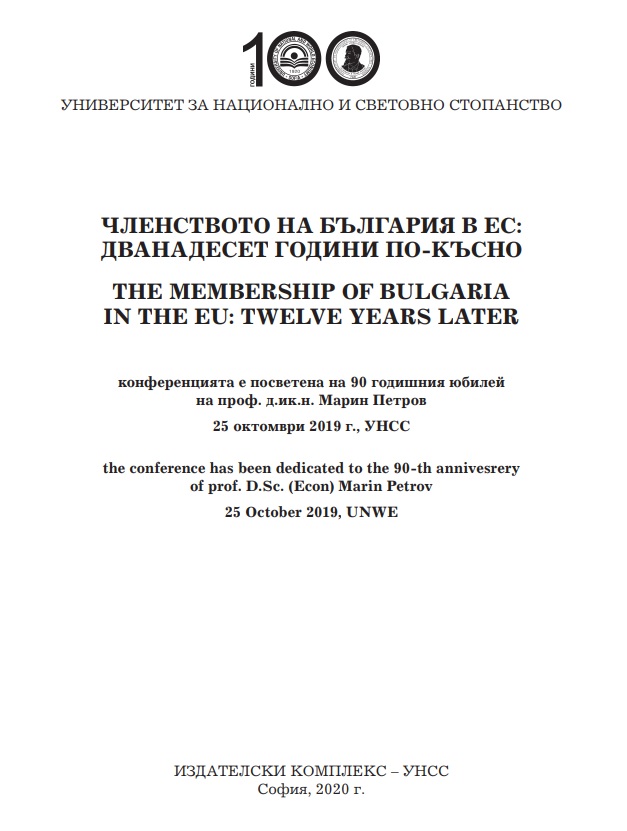
The objective of the research is to present the importance of the gas infrastructure of Romania for the energy security of the Balkans. The research methods used in the study involve elements of retrospective analysis, content analysis, table presentation and generalization of the main ideas of key strategic and regulatory documents on the topic. This is a conceptual study and a posteriori research approach has been followed for its development. The thesis of the paper is that Romania is a key player for the Balkan countries and the wider EU region gas security. Romania possesses a high capacity of installed and functioning powers for transition, generation and storage of natural gas, which is the main factor for its important role in the Balkan region and the EU energy security. The results of the research represent generalizations and analyses of the role and importance of the Romanian gas infrastructure for the region. The research results provide ground for evidence-based recommendations and decisions on the future policy measures in the gas energy sector and their implementation
More...
In the process of globalization, refine on the one hand, we must focus on the formation of a rational weakening and geographical structure of implementation and export and over time to take into account the increasing competition in the world markets. It is of particular importance to use and be regarded as members of the World Trade Organization and the favorable prospects evident from NATO and EU membership abroad. The integration process is influenced by no one factor – it compares the level of economic development, geographical proximity to the former, the political will of integrate on the pages, creates the integrated structure of the mechanisms and is created in the Initiative Center by the existing ones, to unite and partners.
More...
This article is part of a study by the author made in the 2016-2019 year of the Balkan Regional Development Agencies. Regional competitiveness is viewed in terms of psychological, cultural and behavioral aspects. These characteristics are specific to each territorial community and have a significant impact on economic processes and hence on the competitiveness of the region. The article presents the individual elements of the community culture of the territory, each element being defined individually in view of its importance as a factor for competitiveness. The author has used in his article the ideas of a number of authors with significant contributions in the field of psychological, social and cultural studies of the regions. At the end of the article the author has formulated conclusions that can be a starting point for taking into account the influence of psychological and cultural aspects of competitiveness and their incorporation into the policies for effective regional economic development.
More...